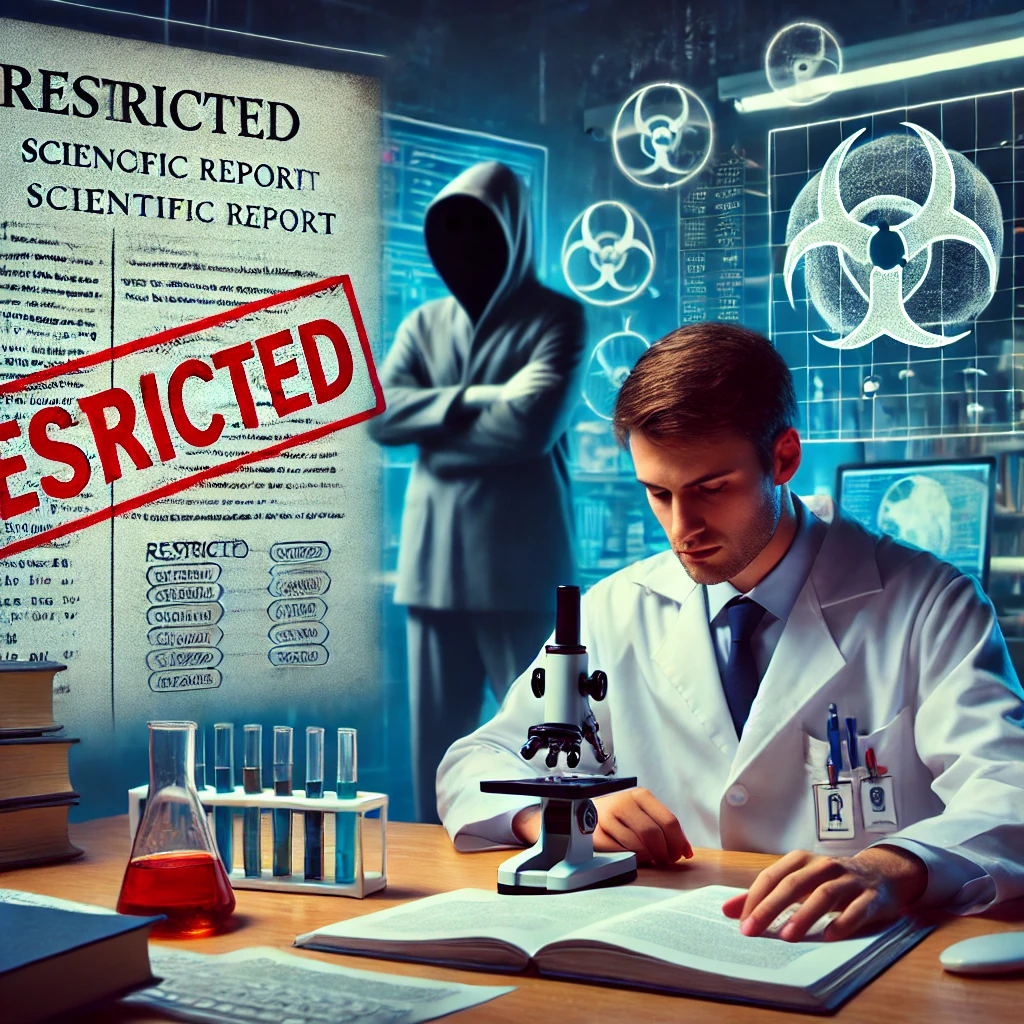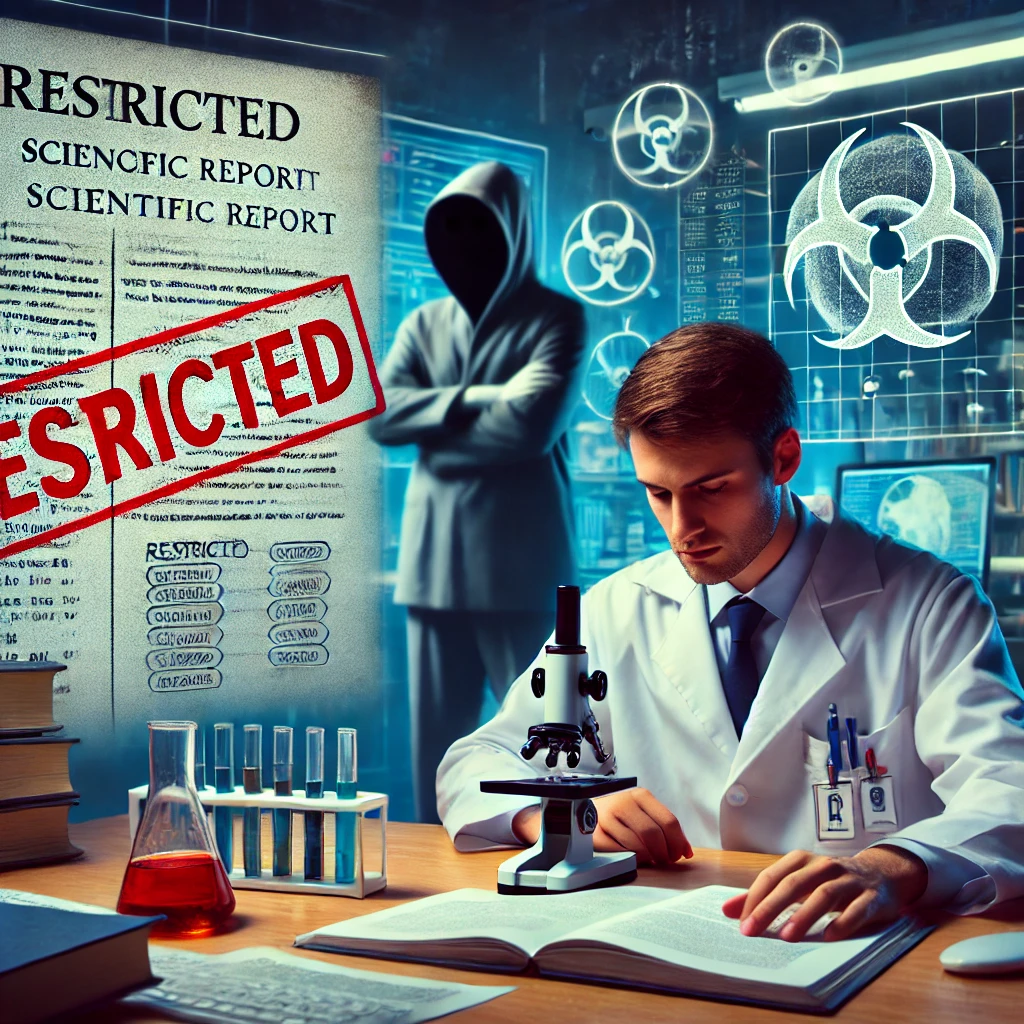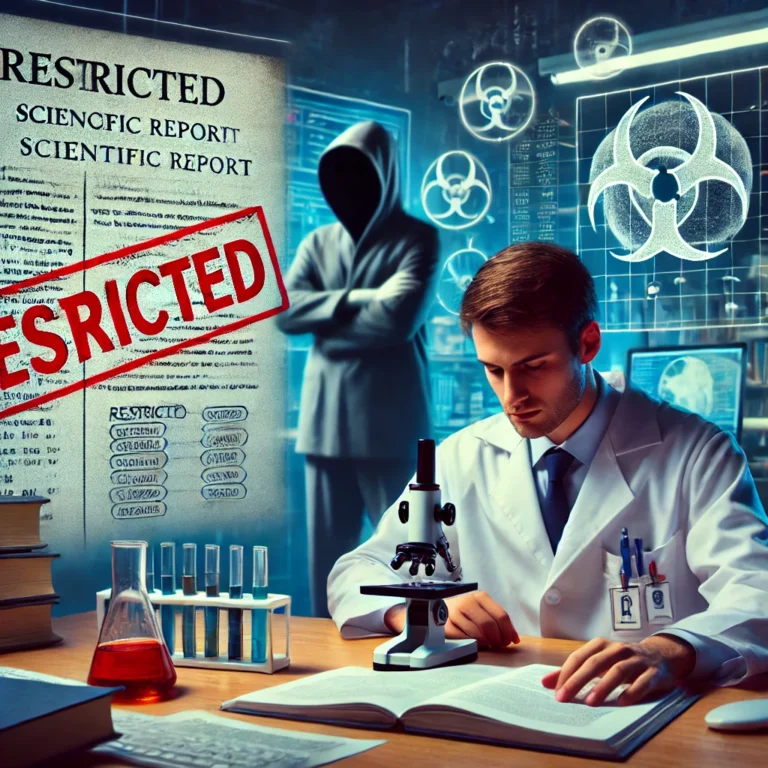
Introduction: Why Scientific Transparency Matters
Public health relies on one crucial pillar: trust. Trust in data, trust in experts, and trust that the policies guiding our health are based on unbiased scientific research. When that trust erodes, the consequences can be dire—misinformation spreads, policy decisions become politicized, and public health crises become harder to manage.
A recent NPR report (link) published on February 13, 2025, reveals a disturbing trend: CDC research restrictions now prevent CDC scientists from publishing certain research without an executive branch review. This move raises serious concerns about government control of research and whether critical public health policy and data suppression will become the new norm.
So, what do these restrictions mean for scientific transparency in public health, and why should we all be paying attention?
Key Findings: What NPR’s Report Revealed
According to NPR, new restrictions require CDC scientists to obtain executive branch approval before publishing research findings. This process raises several key concerns:
- Potential Data Suppression: If certain research findings are politically inconvenient, they could be delayed or never published at all.
- Reduced Public Trust in Health Institutions: Public trust in health institutions continues to decline due to government control of research, limiting transparency.
- Impaired Crisis Response: Delayed access to critical health data could slow responses to emerging health threats, from infectious disease outbreaks to environmental hazards.
In the past, scientific transparency in public health has been essential in guiding effective public health interventions—from vaccines to pandemic response strategies. This new level of oversight introduces a dangerous precedent that could undermine freedom of scientific research.
Why This Matters: The Risks of Government-Controlled Science
1. Public Health Policy and Data Suppression
History has shown us the dangers of restricting scientific research. Consider the early days of the tobacco industry’s influence on health research—for decades, studies linking smoking to lung cancer were suppressed by industry and political interests. The delay in public awareness cost lives.
A more recent example is COVID-19 data reporting, where inconsistent scientific transparency in public health led to confusion, vaccine hesitancy, and preventable deaths. When data is filtered or delayed due to CDC executive review processes, the consequences are real.
2. Public Trust in Health Institutions at Stake
Trust in public health institutions has been declining. A Pew Research Center study (link) found that confidence in the CDC dropped significantly between 2020 and 2024. If the public perceives that government control of research determines what scientific data is shared, trust in CDC recommendations will further erode. This could lead to lower vaccine uptake, increased skepticism toward public health guidelines, and a rise in conspiracy theories.
This administration has done a good job with transparency regarding the Department of Government Ethics (DOGE) so far, making this move seem somewhat uncharacteristic. Especially with a Republican president, when Republicans are usually advocates for limited government, this decision contradicts that stance entirely. The contradiction raises concerns about whether government oversight is truly aligned with traditional conservative values. For more details on the administration’s approach to transparency with DOGE, you can visit their official site: DOGE Transparency Portal.
3. The Danger of Delayed Responses to Emerging Crises
Science moves fast—our ability to respond to new diseases, environmental health hazards, or foodborne outbreaks depends on immediate access to research data. If CDC research restrictions slow this process, critical action may come too late.
For example, during the 2014 Ebola outbreak, swift global scientific collaboration helped contain the crisis. Had data been subject to excessive CDC executive review processes, the response could have been significantly delayed—resulting in more deaths and wider transmission.
How to Protect Scientific Transparency
Despite these concerning developments, there are steps we can take to push for transparency in public health research:
- Support Independent Scientific Journalism – Outlets like NPR (link), ProPublica (link), and The Lancet (link) work to expose attempts to suppress or alter scientific findings.
- Advocate for Policy Protections – Public pressure can push lawmakers to introduce protections for scientific transparency in public health, ensuring freedom of scientific research isn’t subject to political censorship.
- Encourage Open Data Access – More initiatives like the Open Science Framework (link) can ensure that public health policy and data suppression do not prevent access to vital research.
- Stay Informed & Speak Up – Whether through social media, local government engagement, or professional organizations, raising awareness about this issue can make a difference.
Final Thoughts: The Need for Unfiltered Science
Public health decisions must be based on evidence, not politics. If government agencies can selectively control or delay research findings through CDC executive review processes, we risk compromising not just scientific integrity but also public safety.
It’s up to all of us—scientists, journalists, policymakers, and everyday citizens—to demand transparency and protect the freedom of scientific research.
What Can You Do?
- Do you believe government review of public health research is justified, or does it pose a major risk to scientific integrity?
- What can be done to ensure public trust in health institutions doesn’t decline further?
- Have you seen other examples of government interference in science that concern you?
Join the conversation in the comments below or share your thoughts on social media using #ScienceTransparency #CDCResearch #PublicHealthFreedom.














Leave a Comment